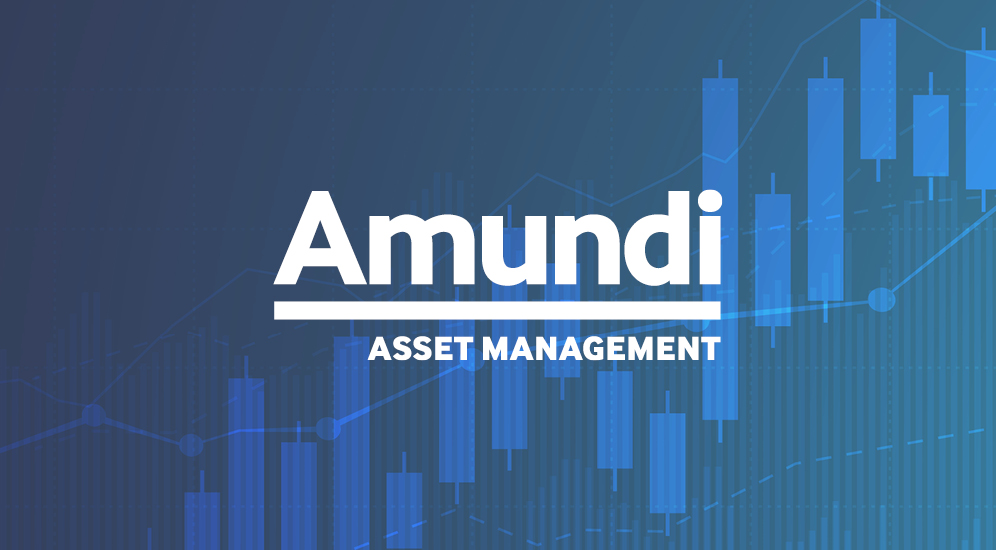Corporations have a responsibility to the communities in which they operate. Here we take a closer look at the social factors of ESG investing.
Responsible investing (RI) with a focus on social issues, has a long history, dating back to the early 18th century as religious movements drove some of the earliest strategies prioritizing corporate social responsibility over financial gain. Investors were encouraged to avoid support for industries deemed to have a negative effect on broader society, such as tobacco, alcohol, gambling, and weapons, as well as polluters, human rights violators or usurious lenders.
Research shows that in addition to contributing to societal welfare, companies that commit to socially responsible policies and procedures have the potential to reap bottom line benefits as well. With the rise of environmental, social and governance (ESG) criteria as part of the process for evaluating the investment merit of a company, investors have begun to look more closely at the financial benefits of social factors as they seek to both improve the quality of companies in their portfolios and align their investments with their values.
Thematically, the “S” in ESG has evolved over time to encompass a wide range of factors, from employee relations and workplace diversity to human rights impacts and community engagement. In many cases, these issues are closely intertwined with environmental and governance considerations: using environmentally sustainable resources in production or including more women on a board of directors are a few examples.
The key areas of social risk and opportunity for investors tend to fall into a few broad categories:
1. Employee relations and labour practices
Corporations around the world are increasingly making the connection between the quality of their employment and labour practices and the success of their businesses. Companies with unfair labour practices, such as failing to provide sick leave or to adequately protect employees, that operate in jurisdictions known for human rights violations, or who compensate their executives excessively compared to their workforce, all face reputational risks that can weigh on share prices, weaken sales, or create workforce disruption.
By contrast, companies recognized for their progressive hiring practices, fair wages and respect for the human rights of their employees and within their supply chains, can gain a “halo effect” that improves their reputation among all stakeholder groups. For example, corporate diversity and inclusion strategies that set progressive targets to include underrepresented groups in positions of leadership, and ensure that all employees are valued, respected and treated fairly can bring several competitive advantages:
- Access to top talent. Diverse and inclusive employers have the benefit of drawing and retaining the best workers.
- Access to new markets. A wider range of perspectives and creative input allows for the development of greater cultural awareness and products that appeal to a wider range of consumers.
- Customer loyalty. Consumers want to see commitments and evidence of progressive employment practices and may choose to direct their business toward good employers.
- Reduced groupthink. A range of perspectives can help to strengthen decision-making, improve risk management and increase innovation.
- Increased productivity. A broader range of employee experiences and perspectives engenders a wider range of skills, and a more productive workforce.
2. Cybersecurity and privacy
In an increasingly online world, many people are justifiably concerned about privacy and how their personal information will be used by business and government. As they gather more personal information with each click of a mouse, corporations face a growing responsibility to ethically manage and secure the data they collect from their customers, employees and the general public.
From a risk perspective, privacy rights and cybersecurity have become hot-button issues for regulators, and with good reason. For example, the potentially negative outcomes of data misuse were clearly illustrated in 2018 when it was revealed that Meta (formerly Facebook) had allowed political advisory firm Cambridge Analytica to harvest the personal information from about 87 million profiles in order to influence voters. The social media app has since made efforts to step up privacy protocols, but reputational damage has lingered, and the issue has raised questions about increasing regulation of social media platforms.
In this environment, companies that take care to ensure strong data encryption and security features and transparent policies around how they protect user data stand to benefit from a reputational standpoint, while data breaches as a result of poor oversight have the potential to harm public trust and negatively impact a company’s share price.
3. Consumer safety and ethical marketing
Some of the highest-profile social considerations for companies revolve around the products they produce and their impact on the broader public. While a strong ethical code of conduct and reputation for quality and safety can help to enhance corporate results, poorly managed product development and marketing can be damaging – particularly if stakeholders suffer negative effects as a result.
Customers, employees and investors are demanding more, and recent research points to higher expectations for companies to be leaders when it comes to ESG practices. A growing set of consumers is prepared to reward businesses that take a leadership role to drive social and environmental change, rather than simply adjusting to more regulation.
Indeed, some of the greatest risks of poor product governance revolve around the loss of public trust, fines and costs of additional regulation. Regulators in the financial, automotive and pharmaceutical industries, for example, now spend considerable effort developing rules to counter misleading product marketing claims, poor disclosure, or predatory practices and monitoring companies to ensure they comply.
Academic research, meanwhile, supports the assumption that product recalls can have a profoundly negative impact on company stock prices, as the companies involved deal with the cost of retrieving and fixing defective goods, legal repercussions, and reputational damage. Business schools have featured countless case studies of companies that have suffered as a result of high-profile product failures or safety issues.
What it means for investors
While investors are increasingly prioritizing social considerations as part of the investment process, the financial impact of having a reputation as a good employer or responsible corporate citizen can sometimes be difficult to assess.
Nevertheless, as more social factors are included as part of the ESG reporting structure, researchers and professional investment managers are gaining greater insight into the links between companies and industries that consider the social implications of their actions and the quality of their financial results.
Screening tools can identify companies that perform well from a social perspective relative to their peers and other industries, and against regulatory standards. For those that score poorly, large investors may choose to constructively engage with those companies to improve their social practices rather than avoid them altogether. It’s here that active fund managers can play a key role for retail investors, as they encourage changes that benefit all stakeholders.




